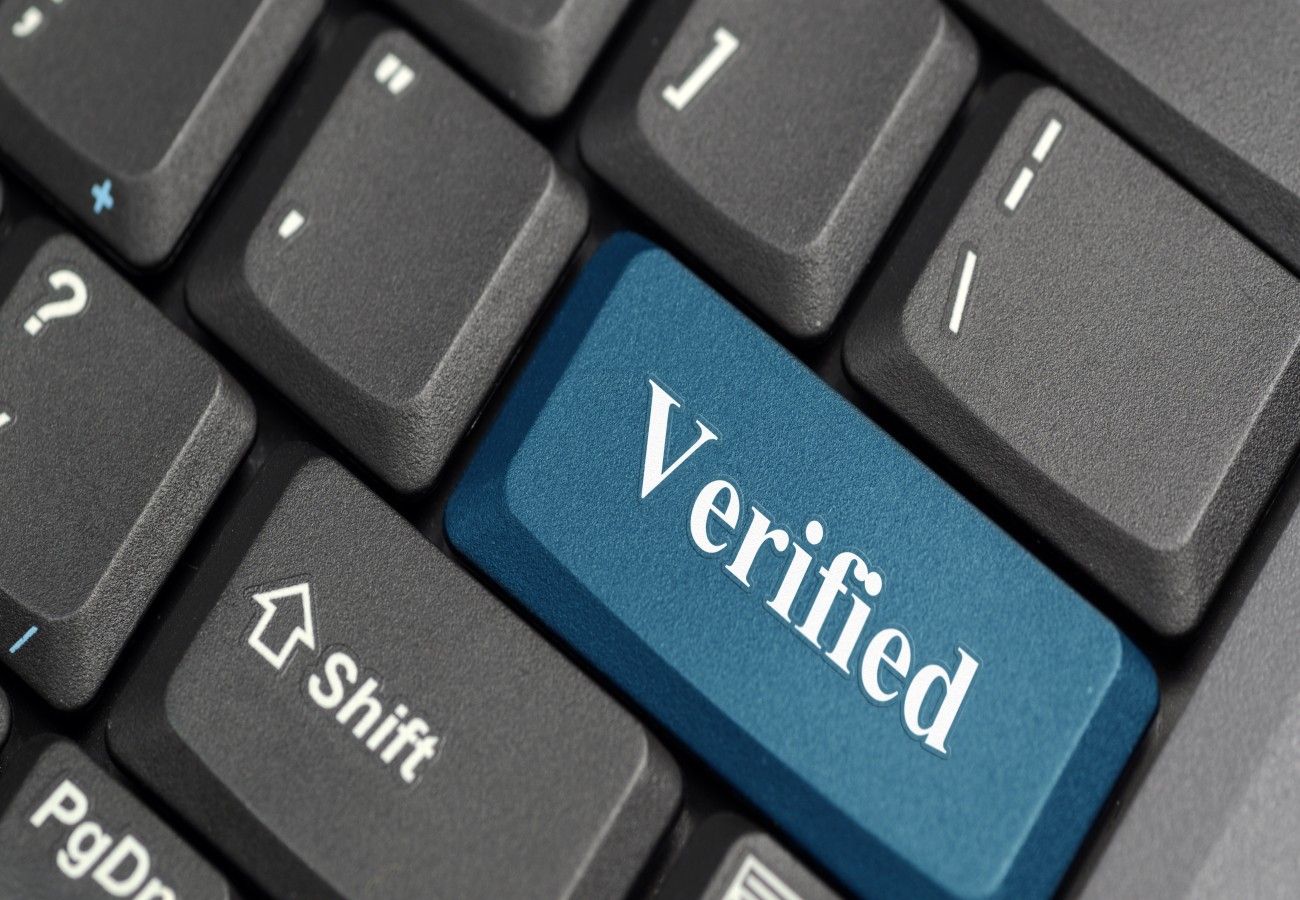Loading...
Methodical Procedure for Verifying Suppliers:
1. Verification of Corporate Information
Suppliers undergo extensive inspections to validate company information and ensure legitimacy and regulatory compliance.
2. The second step is the site inspection.
Physical site visits are conducted to evaluate the quality of services and ensure that only authentic, EU-compliant products permitted for resale are provided.
3. Integration of Product Data
Suppliers must integrate their product data effortlessly to guarantee correctness and openness in their listings.
4. Evaluation of Due Diligence
To gauge reliability, the organisation carefully examines important business parameters, such as revenue creation, delivery rates, and customer happiness.
Suppliers must integrate their product data effortlessly to guarantee correctness and openness in their listings.
4. Evaluation of Due Diligence
To gauge reliability, the organisation carefully examines important business parameters, such as revenue creation, delivery rates, and customer happiness.
5. Compliance with Packaging and Shipping
Suppliers must ensure that all orders are sent within five business days and comply with strict packaging guidelines.
6. Verification via Machine Learning
Maps and analyses of EANs are done using sophisticated algorithms.
The business analyses differences between supplier pricing and expected wholesale values and maps European Article Numbers (EANs) using sophisticated algorithms.
7. Monitoring of Performance and Probation
After the initial evaluation, suppliers go through a probationary phase during which the success team helps them continuously maximise their performance.
8. Final Verification and Approval
Vendors who meet all requirements and keep up high operational standards
Standards are granted full verification status, guaranteeing authenticity and superior service quality.


